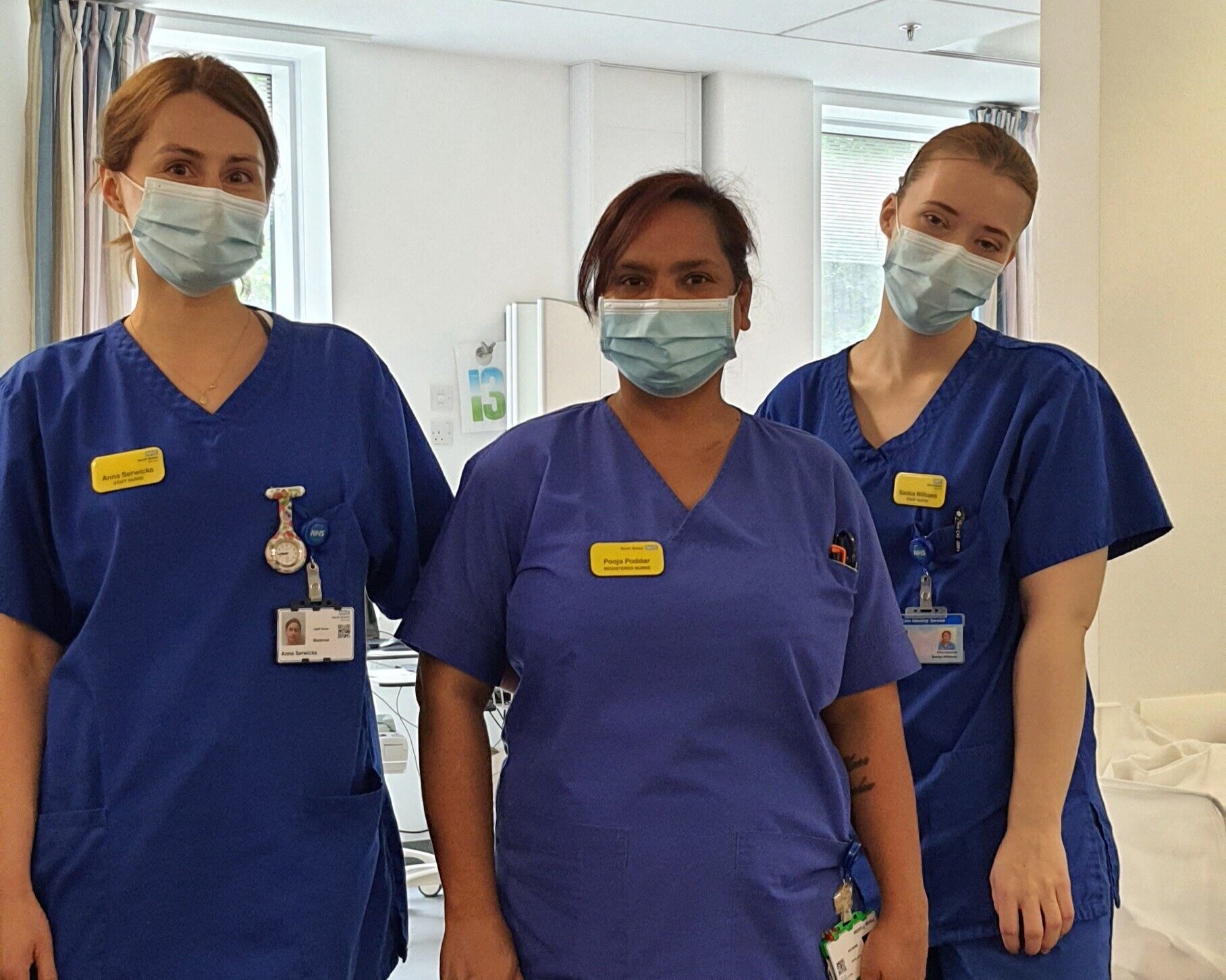By Pooja Poddar
Working as a Registered Nurse since 1999, I moved to UK in 2002. Whilst growing up in Mumbai in a multicultural community, I developed the core values of being inclusive, caring, effective, influencing, and innovative, meaning that adapting to western culture was not a barrier for me. My parents described me as a very caring & understanding young girl and thought I would become a teacher, but for some reason that didn't happen, so I decided to study for a Nursing diploma. Either way neither of these are traditionally conservative.
I was diagnosed with Polycystic ovaries making it difficult for me to conceive, and I had several failed attempts of fertility treatment. It was a challenging experience working in nursing and caring for others whilst going through this, but my heart prevailed, and so did the treatment, so in 2011 my daughter was born through a free NHS trial of IVF. But the battle was not over as, in 2015, I was diagnosed with endometrial cancer which was fortunately detected in the early stages meaning I managed to survive. These experiences made me grateful that I had chosen to study nursing so I could give back what was given to me. I would like to take this opportunity to pay tribute to all the healthcare professionals who got me through these bad times, it is them that gave me the personal devotion to the NHS.
My work as a community activist was recognised by local the Conservative Party resulting in the unsolicited selection as their candidate for the Bristol City Council elections in Frome Vale. One of my key pledges was my commitment to work with the community to improve multi-cultural diversity in the area. Most People who know I am a Nurse, ask if I should I really be going into politics. My attitude is “you can't wait for someone else to do things for you”. One must be the change to bring about that change.
Through my voluntary work with the Avon Indian Community Association and Bristol Durga Puja, I have brought a wide range of intergenerational and cultural intelligence that helps us better understand and engage in a multicultural society. I have recently been appointed as an Age UK trustee, strengthening my involvement in my community. It is humbling to help the most vulnerable members of our community.
Last year I was on the front line in the fight against Covid, and it has made me stronger and more determined to help others. At one-point news reports suggested BAME people were more at risk of Covid, but equally many BAME people feared the vaccination. It was a catch 22. But by being a beacon of the community, I was able to convince many families to make the decision to get vaccinated.
I have started my political journey because there's so much I have got from this country and the only way I can return the kindness is by helping others. I want to do this by bringing people together and promoting tolerance through a shared understanding of each other. I feel the core values of Conservative Party have always instilled this. The community and environment we live in make us the individuals we are, and it was this belief that motivated me to actively get involved.










